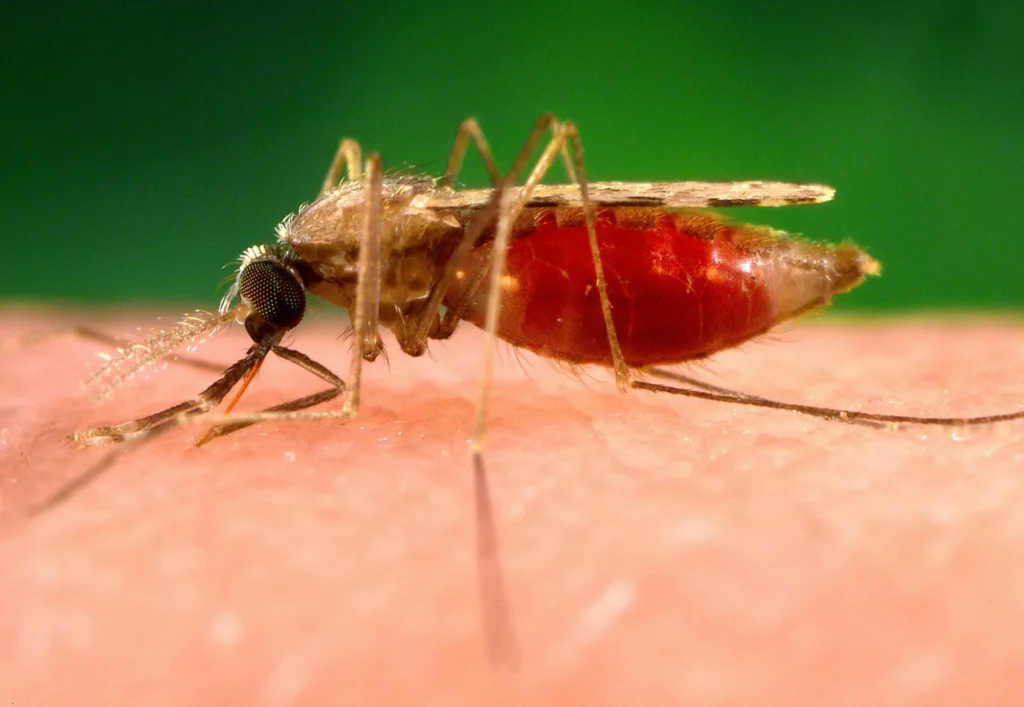
In Malaria World this week there is a link to a communication by epidemiologist, Prof. Fred Binka, who urges the Ghana government to prioritise investment in malaria research. He is advocating for investment in new tools and technologies that could cut down on the reproduction and transmission of mosquito, the vector, he claims, spreads malaria. He despairs that the Ghanaian government will not financially support studies, he recommended, that could focus on trapping mosquitoes before mating. He said “within country, virtually nothing. Most of the work that people are doing, the research money, comes from outside the country.”
Binka is credited in the article as the principal investigator during the Mosquito Bednet Studies, which found that sleeping under an insecticide-treated net significantly helped to reduce malaria (transmitted by anopheles mosquito) mortality and morbidity (Binka et al, 1996). This is what has resulted in the use of insecticide treated net as a major primary health care policy and tool in malaria control and prevention in Ghana.
But is this research convincing? The study was large. In 1993 insecticide treated bednets were distributed to 6053 compounds for the test group and the control group who did not receive nets was of similar size. There was a 17% reduction in all-cause mortality in children aged 6 months to 4 years. The reduction in mortality was confined to children aged 2 years or younger, and was greater in July-December, during the wet season and immediately afterwards.
But when there are such obviously different test and control groups, one that receives nets and one that does not, can we be sure that there weren’t other unnoticed interventions that benefitted the group who were visited by the researchers dispensing the nets?
Follow up studies did not show benefits. A follow up study by Binka and coworkers Mortality in a seven-and-a-half-year follow-up of a trial of insecticide-treated mosquito nets in Ghana, made the much more modest claim that they found no indication in any age group of increased mortality in the ITN group after the end of the randomized intervention! The article is behind a paywall so I can’t dig deeper. Another study by Browne, Maude, and Binka in 2001 found no benefit in reduction of plasmodia by distributing treated bed nets to pregnant women.
Nonetheless, Binka calls on his probably cash-strapped government to pay for exotic mosquito control research.
For my research on Malaria is spread by mosquitos? I was impressed by the work carried out by Ghanaian naturopathic doctor, Emmanuel Kwame Asenso. He attributes the cause of malaria not to plasmodium spread by mosquitos, but rather to filth in the liver. Dr Asenso published a 48-page book titled The Natural Steps for Curing Malaria – Malaria is Filth in the Liver, as reported by Aheng (2014).
Asenso believes the only treatment plan way to permanently eliminate malaria from one’s life is through detoxification of the liver. He also believed that good nutrition, that is the consumption of vegetables, herbs and greens and clean lifestyles, were primary means of building a strong immune system to ward off diseases. The main ingredients used in the systemic detoxification are hot pepper, coconut oil and lemon, measured and given to a patient proportionately with his or her volume according to weight and age.
So what should the Ghanaian government support to reduce the toll in the country from malaria – exotic anti-mosquito campaigns or improved nutrition?